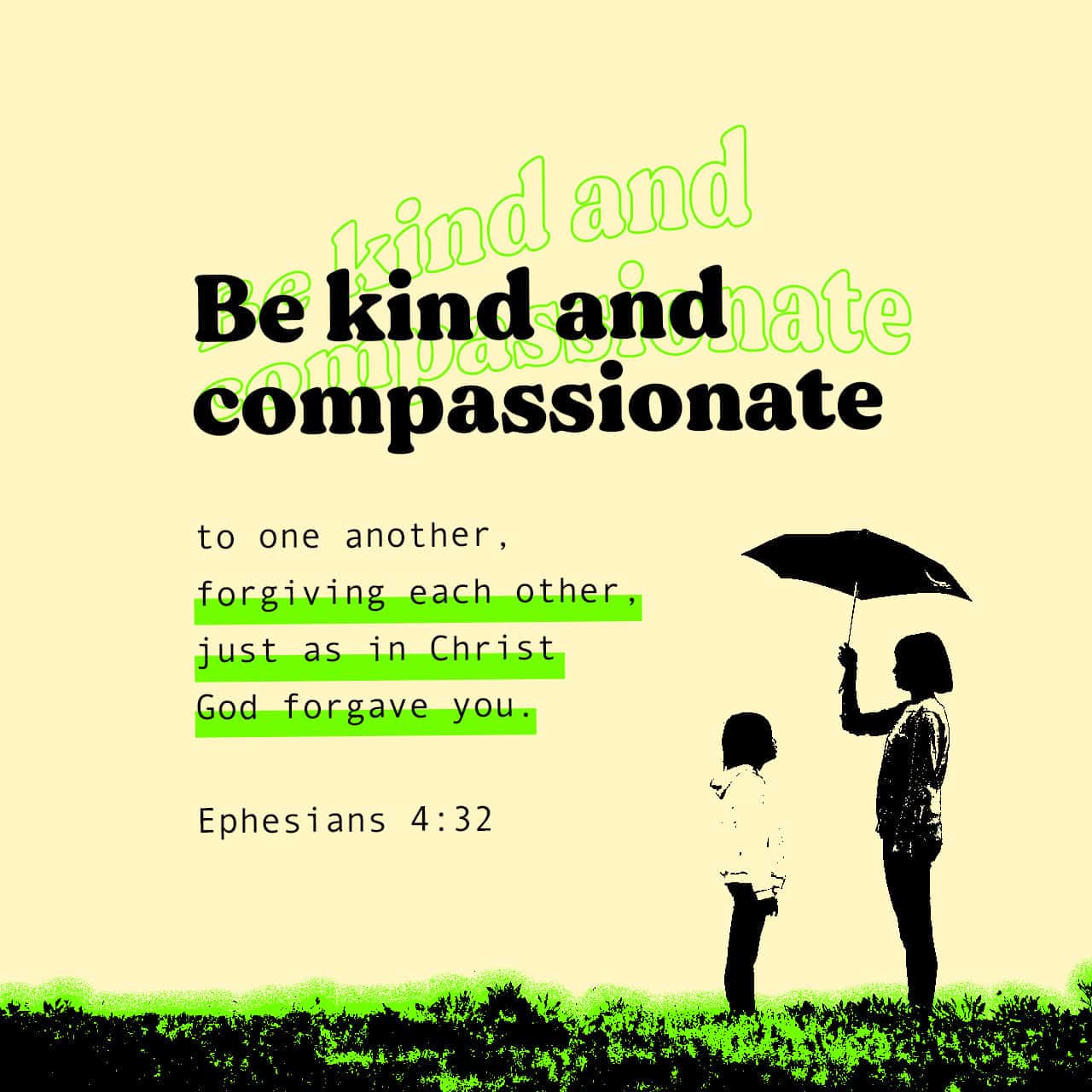EMBRACING THE FREEDOM OF FORGIVENESS
THE SEED
“And be ye kind one to another, tenderhearted, forgiving one another, even as God for Christ’s sake hath forgiven you.” Ephesians 4:32 (KJV)
Forgiveness is foundational to living the Christian life. It offers emotional healing, spiritual renewal, and inner peace. Anchored in love, patience, kindness, and self-control, forgiving others is more than a feeling; it is an act of obedience to God. As believers, we have been freely forgiven by God through the sacrificial love of Christ. This divine forgiveness becomes the standard by which we are also called to forgive others. When we withhold forgiveness, we not only damage our relationships but also hinder our spiritual growth and communion with God. Forgiveness does not mean excusing wrongdoing or ignoring the pain we’ve experienced. Rather, it is the conscious decision to release resentment and entrust our healing to God. Unforgiveness weighs down the heart and can even affect physical and emotional health. The journey of forgiveness often begins with honesty; being open with God about the pain we’ve endured. It also involves creating healthy boundaries to protect our peace, praying for those who have wronged us, and choosing to forgive by faith even when our feelings resist. Healing is rarely immediate; it unfolds gradually as we yield to God’s work in us. As we practice forgiveness, we reflect God’s mercy to a hurting world and experience deeper intimacy with Him. The burdens lift, stress fades, and our minds are renewed with peace. In time, forgiveness becomes more natural, freeing us from bitterness and allowing us to live in the fullness of God’s love.
BIBLE READING: Colossians 3:12–15
PRAYER: Lord, help me to live a life of forgiveness, just as You have forgiven me. Amen.
GBÍGBA ÌDẸ́KUN TI ÌDÁRÍJÌ
IRUGBIN NAA
“Ẹ sì ṣe oore fún ara yín, ẹ ní ọkàn ìyọ́nú, ẹ máa dárí jì ara yín, gẹ́gẹ́ bí Ọlọ́run nípasẹ̀ Kristi ti dárí jì yín.” Éfésù 4:32 (KJV).
Ìdáríjì jẹ́ ìpìlẹ̀ fún gbígbé ìgbé ayé Kristiani. Ó ń pèsè ìwòsàn ẹ̀mí, àtúnṣe ẹ̀mí, àti àlàáfíà inú. Ní gbígbẹ́kẹ̀lé ìfẹ́, sùúrù, ìwà rere, àti ìkóra-ẹni-níjàánu, ìdáríjì àwọn ẹlòmíràn ju ìmọ̀lára lọ; ó jẹ́ ìgbọràn sí Ọlọ́run. Gẹ́gẹ́ bí onígbàgbọ́, a ti gba ìdáríjì lọ́fẹẹ́ láti ọwọ́ Ọlọ́run nípasẹ̀ ìfẹ́ ẹbọ Kristi. Ìdáríjì ìyanu yìí di àpẹẹrẹ fún èyí tí a pè láti dárí jì àwọn ẹlòmíràn.
Nígbà tí a bá dá ìdáríjì dúró, a kò ní kàn ba àwọn ìbásepọ̀ wa jẹ́ nìkan, ṣùgbọ́n a tún ń dí ìdàgbàsókè ẹ̀mí wa àti àjọṣe wa pẹ̀lú Ọlọ́run. Ìdáríjì kò túmọ̀ sí píparí ìwà búburú tàbí àìka ìrora tí a ti rí. Kàkà bẹ́ẹ̀, ó jẹ́ ìpinnu láti tu ìbínú sílẹ̀ àti láti fi ìwòsàn wa lé Ọlọ́run lọ́wọ́. Àìdáríjì ń ro ọkàn lulẹ̀ ó sì lè ní ipa lórí ìlera ara àti ìlera ẹ̀mí. Ìrìnà ìdáríjì máa ń bẹ̀rẹ̀ pẹ̀lú òtítọ́; ṣíṣe àṣírí pẹ̀lú Ọlọ́run nípa ìrora tí a ti jìyà. Ó tún kan ṣíṣe àwọn ààlà tó péye láti dá àlàáfíà wa sí, gbígbàdúrà fún àwọn tí wọ́n ti ṣe wá ní aburú, àti yíyan láti dáríjì nípa ìgbàgbọ́ páàpáa nígbà tí àwọn ìmọ̀lára wa bá kọ̀. Ìwòsàn kì í ṣe níṣẹ́jú; ó máa ń farahàn díẹ̀díẹ̀ bí a ṣe ń gbọ́ràn sí iṣẹ́ Ọlọ́run nínú wa. Bí a ṣe ń ṣe ìdáríjì, a ń fi àánú Ọlọ́run hàn sí àgbáyé tí ó ní ìrora, a sì ń ní ìmọ̀rírì jíjìn pẹ̀lú Rẹ̀. Àwọn ẹrù ń gbé, ìdààmú á pòórá, àwọn èrò wa sì di ìmúdọ̀tun pẹ̀lú àlàáfíà. Ní àkókò, ìdáríjì á di dídára sí wa, ó ń tú wa sílẹ̀ kúrò nínú ìkorò, ó sì ń fún wa láàyè láti gbé nínú ẹ̀kúnrẹ́rẹ́ ìfẹ́ Ọlọ́run.
BIBELI KIKA: Kólósè 3:12–15.
ADURA: Olúwa, ràn mí lọ́wọ́ láti gbé ìgbé ayé ìdáríjì, bí Ìwọ ti dárí jì mí. Àmín.
